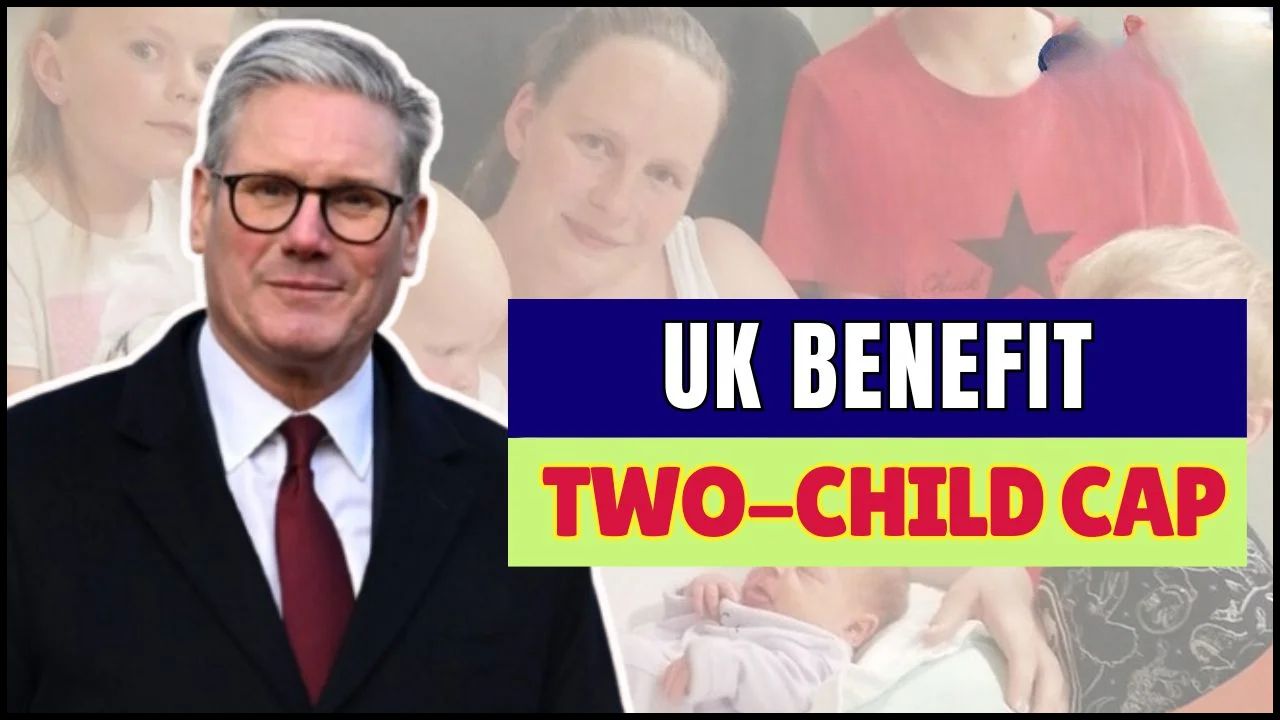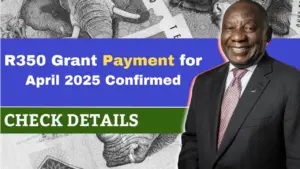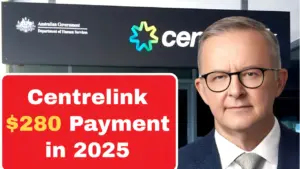UK Two-Child Benefit Cap 2025 : The UK’s two-child benefit cap has been a contentious policy since its introduction in 2017. As discussions around social welfare reform continue, the cap remains under scrutiny in 2025. This policy affects thousands of low-income families, limiting child tax credits and Universal Credit support to the first two children in a household. Here’s a detailed look at what the two-child cap entails, its impact, and the ongoing debate surrounding it.
What is the UK Two-Child Benefit Cap?
The two-child benefit cap is a government policy that restricts financial support through Child Tax Credit and Universal Credit to a family’s first two children. Families with more than two children born after 6 April 2017 are ineligible for additional support for the third and subsequent children, with a few exceptions.
Key Features of the Two-Child Benefit Cap
- Applies to Universal Credit and Child Tax Credit claims
- Only the first two children in a family are eligible for financial support
- Applies to children born after 6 April 2017
- Exceptions exist, such as for multiple births and children conceived due to abuse
Who is Affected by the Two-Child Cap?
The cap predominantly impacts low-income families relying on government support to meet their basic needs. Statistics suggest that more than one million children in the UK live in families affected by this policy. The financial strain has led to increased child poverty rates and forced many families to cut essential expenses.
Impact of the Two-Child Cap on Families
- Increased Child Poverty – Studies have shown that families affected by the cap are more likely to experience financial hardship, with many struggling to afford food, housing, and utilities.
- Disproportionate Effect on Larger Families – Families with three or more children face significant financial gaps as they do not receive extra benefits beyond the second child.
- Higher Reliance on Food Banks – Reports from charities indicate a rise in food bank usage among affected families due to the reduction in financial support.
- Mental Health Implications – The financial stress caused by the cap has been linked to increased anxiety and depression among parents.
Exceptions to the Two-Child Cap
While the policy is strict, there are exceptions in specific cases:
- Multiple Births: If twins or triplets are born after a first child, all children will qualify for benefits.
- Adopted Children: Children adopted from local authorities are exempt from the cap.
- Kinship Care: Children living with relatives who are not their birth parents are not counted under the cap.
- Rape Clause: Women who can prove that a third or subsequent child was conceived due to sexual abuse may be exempt (though this has been widely criticized).
The Ongoing Debate: Calls for Reform
Arguments Against the Two-Child Cap
- Increases Child Poverty: Critics argue that limiting support based on the number of children punishes families and deepens financial hardship.
- Discriminates Against Larger Families: Larger families often have greater financial responsibilities, making the policy seem unfair.
- Ignores Changing Circumstances: Families who were financially stable when they had children but later faced economic struggles find the policy restrictive and unhelpful.
- Potential Workforce Impact: Some argue that financial instability may force parents to take on low-paying jobs, affecting overall child well-being.
Government’s Justification for the Policy
- Encourages Financial Responsibility: The government argues that the cap ensures families make financial decisions responsibly and only have children they can afford.
- Reduces Welfare Dependence: The policy aims to cut long-term reliance on government benefits and encourage self-sufficiency.
- Budgetary Constraints: With increasing welfare costs, limiting child benefits is seen as a measure to manage public spending effectively.
Future of the Two-Child Cap in 2025
Despite growing opposition from charities and campaign groups, the UK government has not announced plans to repeal the policy in 2025. However, political pressure from opposition parties and advocacy organizations could lead to discussions on possible amendments or a full repeal in the coming years.
Conclusion
The UK’s two-child benefit cap remains one of the most debated welfare policies. While the government sees it as a necessary cost-cutting measure, critics argue it disproportionately affects low-income families and contributes to child poverty. With rising living costs and continued scrutiny, the future of the policy remains uncertain. For now, affected families must navigate these restrictions while advocacy groups continue to push for policy changes.
Stay informed on UK welfare policies and benefit updates by following official government announcements and social welfare organizations.
Frequently Asked Questions (FAQs)
1. Can families apply for an exemption to the two-child cap?
Yes, exemptions exist for multiple births, adopted children, kinship care arrangements, and cases involving sexual abuse (rape clause).
2. Does the cap apply to all benefits?
No, the cap primarily affects Universal Credit and Child Tax Credit. Other benefits like Child Benefit remain unaffected.
3. How can I check if I am affected by the two-child cap?
You can check your eligibility and benefits calculation on the UK government’s official website or consult a welfare advisor.
4. What happens if my financial situation changes?
If you experience significant financial hardship, you may be eligible for discretionary support, such as hardship payments or local council assistance programs.
5. Is there a possibility that the policy will be removed?
While there is ongoing political debate and pressure from advocacy groups, the UK government has not confirmed any plans to repeal the policy in 2025.


